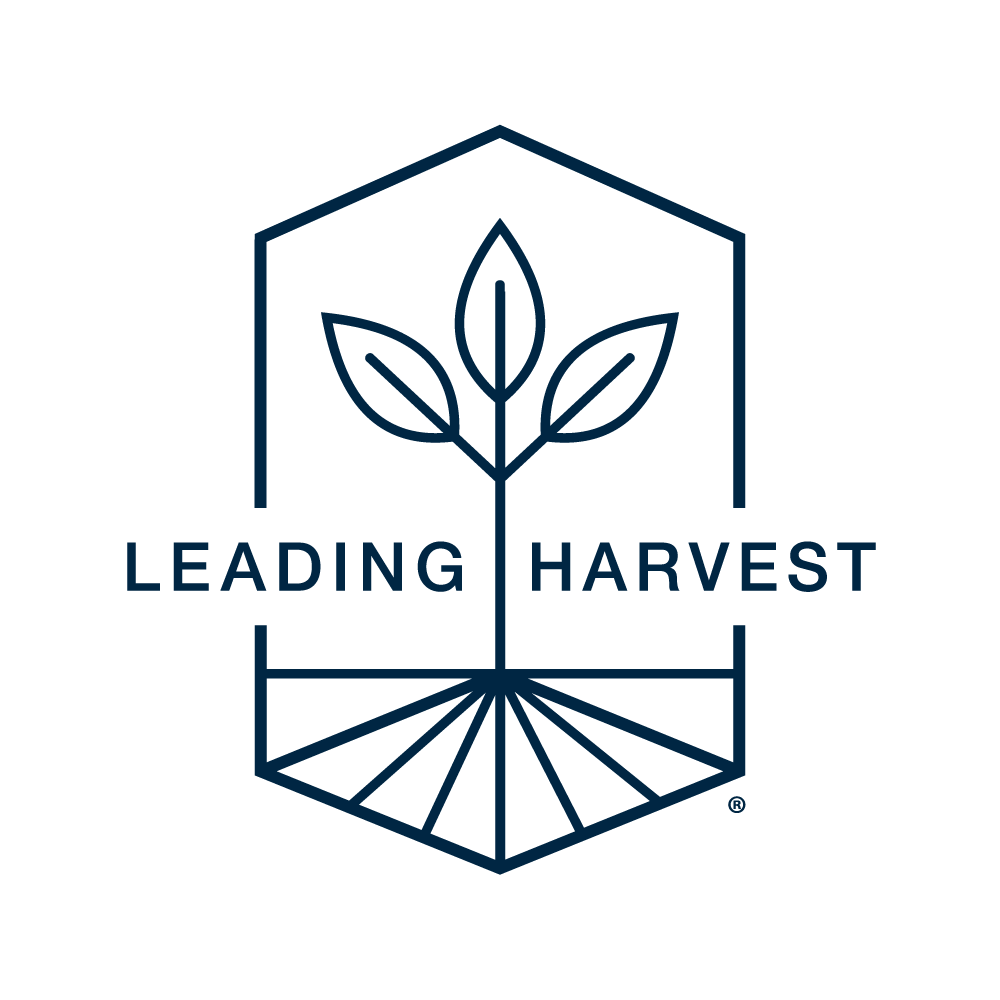
Rupal Patel
1. How did you become involved in agriculture?
I spent the last 12 years leading Social Impact strategy for RRG Capital Management, a private equity firm that invests in agriculture, water and renewable energy assets. In 2013, RRG made its first agricultural acquisition, Sun World International, which was one of the largest table grape producers in the world. Since then, RRG continued to expand its agricultural portfolio throughout the U.S., Mexico, Australia and South America.
2. What do you believe is the most pressing agricultural issue the marketplace faces today?
I think rising operating costs for U.S. farmers in particular are a major concern. Couple that with climate change and global market competition, U.S. farmers are experiencing margin pressure to remain cost competitive and withstand the ever-evolving challenges of the business.
3. The Standard spans the entire supply chain. If you could trade places with anyone in the agricultural and food system, who would it be and why?
The focus of my work has been on addressing the challenges with the most vulnerable members of the supply chain, our farmworkers. I wouldn’t trade places with anyone as the workforce requires more focus and attention when it comes to the overall sustainability and success of the agricultural sector.
4. What three words would you use to sum up the future of agriculture?
Sustainability, profitability, and equity.
5. You the Founder and Board Member of California Harvesters, can you tell me a little about that organization?
California Harvesters, Inc. (CHI) is an employee benefit company supplying agricultural labor to growers in California’s Central Valley. It’s a first-of-its-kind farm labor contracting company that is designed to create high-quality farm labor jobs connected to an ecosystem of support. CHI’s value proposition is based on respect, dignity, and opportunity for workers and our community. We believe that open communication and transparency are the keys to creating a cooperative and successful business.
6. When people think about sustainability, they often think about environmental issues, can you talk about how labor and fair labor practices intersect with sustainable agriculture?
There is a growing labor shortage in the U.S., and arguably worldwide, for farm labor. Increased competition for the same labor pool from other industries is part of the challenge. However, CHI’s thesis is that there isn’t a shortage of available workers, but a shortage of quality jobs available for workers. Without a stable and reliable workforce necessary for time-sensitive pre-harvest and harvest activities, the sustainability of the agricultural industry is at-risk. The focus on making farm labor a quality job – which translates to fair wages, benefits, training, year-round employment, etc. – is critical to retain and sustain this critical workforce for the sector. If the food does not come off the fields, no one eats and no one makes money. For this reason, it’s imperative that the public and private sector work together to provide quality jobs and opportunities for this workforce.
7. How can agriculture improve its relationship with labor?
I am reminded of a book title published by Susan Marquis, VP of Innovation at RAND Corporation and Dean of RAND Graduate School, called I Am Not a Tractor! It highlights how farm labor have traditionally been treated as just a piece of equipment or machinery, not as human beings who have the same hope and dreams for themselves and their families as all workers do. Greater engagement and support for workers, and greater accountability in creating a safe and healthy workplaces, is critical to making this workforce feel a valued part of the supply chain.
8. Consumers are waking up to systemic issues of our food system. How can they drive change?
Millenial and Gen Z Consumers are the number one reason for the greater awareness of the systemic issues in our food system and have already driven dramatic change. Large retailers and buyers are increasingly auditing farms for environmental and social practices. The next step is to get the sustainability teams and the buy teams within retailers and buyers to coordinate and guarantee preferential supply treatment for growers who are doing right by the people and the planet. This is where consumers can continue to apply pressure - by using their market power to support brands and products that are transparent about their practices, and also asking retailers and buyers to hold their supply chains accountable in implementing verifiable environmental and social practices.
9. How will automation on farms affect labor practices?
Automation is inevitable and given the price margin pressures that comes with global market competition, growers are increasingly looking at ways to reduce labor costs through automation as labor is one of their highest cost centers. However, scalable, commercial and cost-effective automation is still at least 5 years out and consumers are very particular about the look of their produce. It’s hard to imagine how a machine can pick table grapes for instance, without impacting the look of the grape itself. It will be important to invest in training of our existing workforce to operate the machines as automation increases in the sector. It has the potential to improve job quality, wages, and increase professional development opportunities for the existing workforce if it’s done thoughtfully and equitably.






